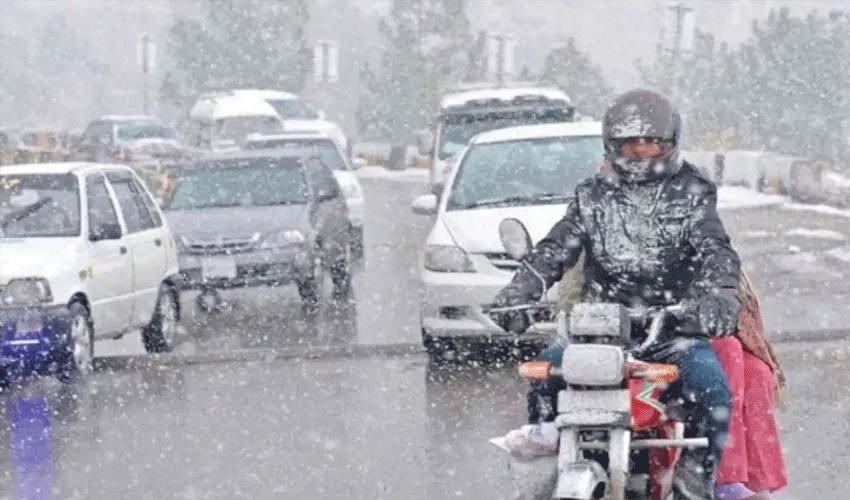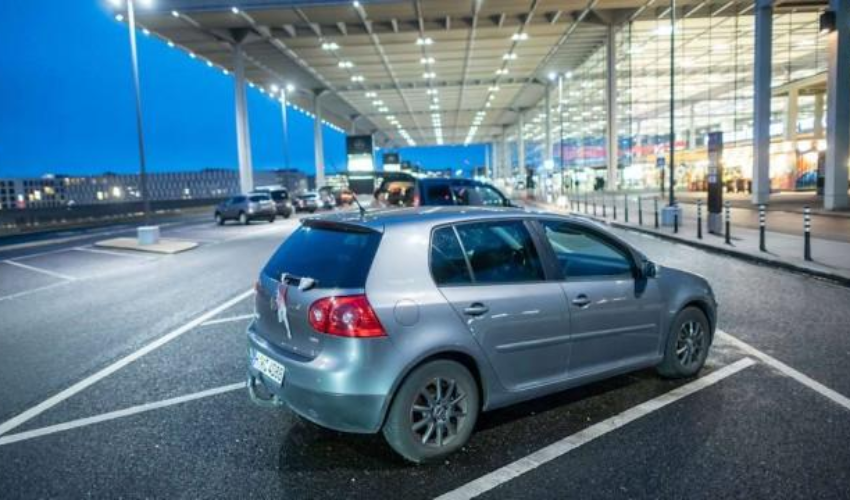A car service driver crashed a $700,000 Lamborghini Revuelto in Beirut on the handover day when he took the high-performance vehicle to a petrol station to be refuelled before delivery on Friday.
A Lebanese sports car enthusiast, named by local media as Hani Sheet, reportedly paid cash for the hybrid super sports car last year and had expected to collect it when the accident occurred in the Sin El Fil area in eastern Beirut.
Videos and images that showed the badly damaged green Lamborghini spread quickly on social media, sparking controversy and debate among users.
The supercar was believed to be beyond repair after it crashed into a fence wall and would likely be scrapped.
Social media posts suggested the buyer had expected to collect the car on Friday after waiting almost a year for delivery. The zero-mileage vehicle had been prepared for the handover and was driven to a nearby petrol station to be refuelled by a service technician when the crash occurred.
On Saturday, Sheet confirmed in a statement that he was the Lamborghini owner and that he was “not responsible for the accident, but rather the Lamborghini company.”
The statement added: “The Lamborghini company, as usual, conducted a trial test of the new car that Sheet had requested from outside Lebanon, but during the test, the horrific accident occurred, and the car was destroyed.”
On Friday, Yasa, a Lebanese NGO that promoted road safety, posted images and news of the accident online but made no mention of who was responsible.
Following the controversy and social media debate that accompanied the accident, Yasa issued a clarification on Saturday, confirming that “it was not authorised to determine responsibilities in the Lamborghini car accident.”
Ziad Akl, Yasa’s president, said: “The traffic expert who examined the accident site was responsible for determining who was accountable for the accident, whether it be the Lamborghini company, its employee, or any third party. Yasa or I weren’t responsible. I did not have access to the investigation report to give my opinion or assessment.”
He said that the NGO’s role remained limited to promoting awareness, guidance, and adherence to traffic laws as “it had been accustomed to for 30 years.”


























